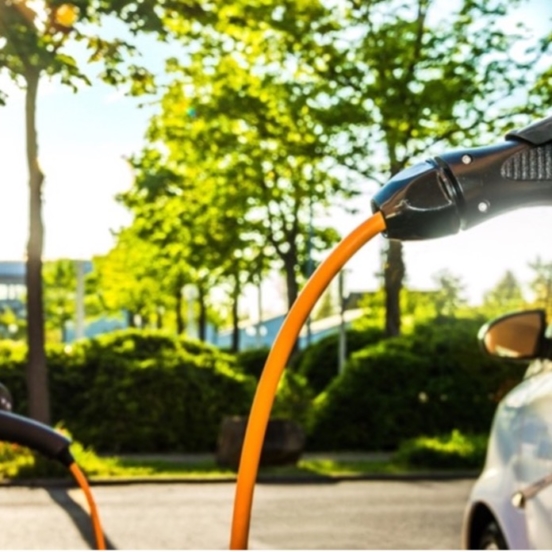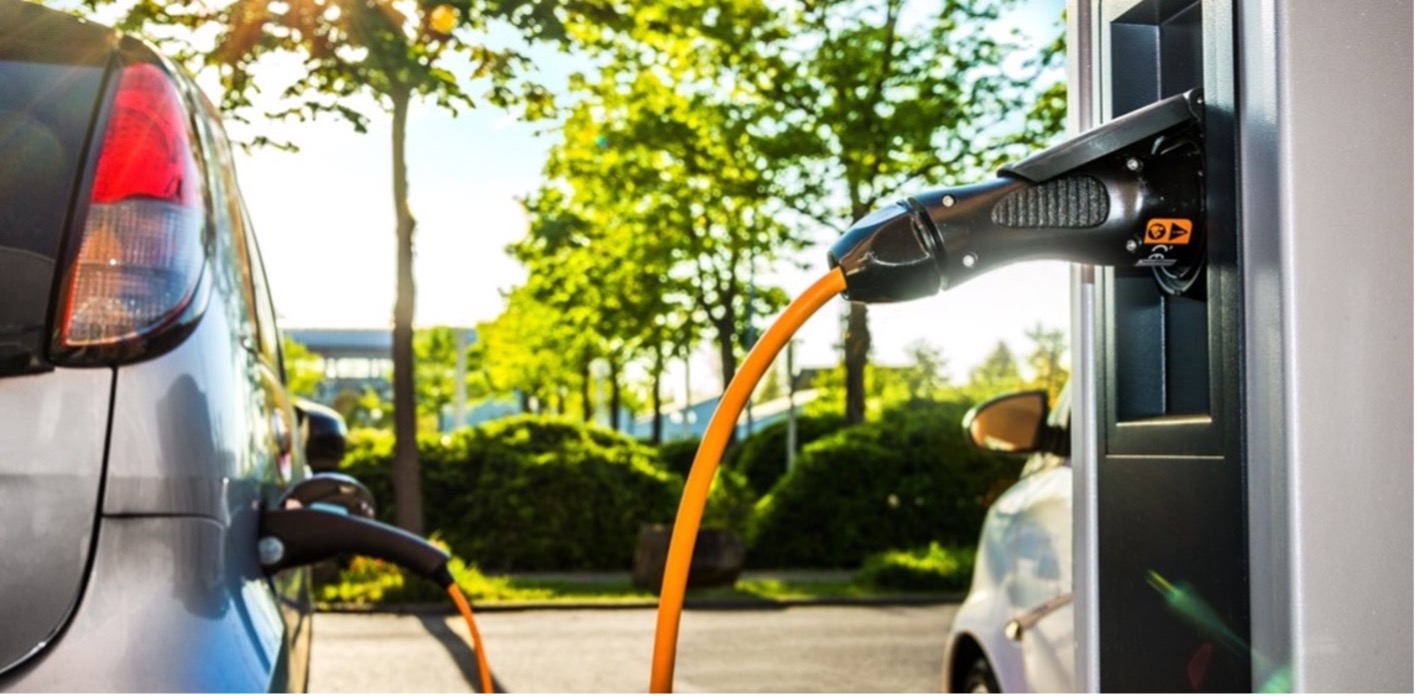Climate, Health and Equity Brief
Cars, trucks, and the road ahead
January 20, 2022

The Climate, Health & Equity Brief is GMMB’s take on the week’s news on the current impacts of climate change. If you haven’t subscribed yet, you can do so by clicking here.
Hot Topic: Spotlight on Cars. Automobiles—along with their problems and potential—made the news in a variety of ways this week. First, a new report revealed that India’s air pollution crisis is worsening, with 99 percent of its population living in areas with air quality well below WHO standards. While coal-fired plants, factories and widespread burning of fuelwood and biomass are major contributors, experts say auto exhaust is to blame for 30 percent of the problem.
And even with our strict emissions standards and more rapid transition to hybrid and electric vehicles, auto exhaust remains a problem in United States. A new report found that overall U.S. emissions in 2021 grew 6.2 percent over 2020, fueled in part by a 10 percent increase in transportation emissions alone. With diesel-powered trucks largely responsible for delivery of the nation’s consumer goods, road freight was the worst offender, with its emissions rebounding to pre-pandemic levels.
Thankfully, some states are taking matters into their own hands. New Jersey recently joined California, Oregon and Washington in setting ambitious goals to electrify diesel-powered trucks by 2035. And states across the U.S. are preparing for a surge in consumer and public-sector electric vehicle (EV) demand by allocating billions to fund electric infrastructure projects in rural areas and establish grant programs for EV charging stations nationwide.
Meanwhile, serving as a shining example of EV innovation is tiny Huron, California, a hotspot for migrant farmworkers with a population of 7,000 that swells to 15,000 during harvest season. The city had long been a transportation desert, lacking any reliable bus routes to larger cities nearby. Enter the city’s electric car program—Green Raiteros, devised by Mayor Rey Leon—which offers free rides to residents through a fleet of eight electric cars purchased through a state climate program that industrial polluters are required to fund. The program has provided a lifeline to residents and workers alike while simultaneously putting Huron on the map as one of the greenest migrant communities in America.
— Matt & Traci, GMMB
Human Health
A new report revealed that India’s air pollution crisis is worsening, with 99 percent of its population living in areas with air quality below WHO standards and an estimated 1.67 million deaths attributed to air pollution alone in 2019. (Bloomberg)
A historic heat wave in Argentina this week pushed temperatures in some regions as high as 104°F—about 20°F above average for January—causing widespread power outages, hindering the purification system for local water supplies and leaving residents without access to cooling. (Reuters)
As climate change influences increasingly frequent and powerful winter storms in the U.S., the growing use of road salt to limit snow and ice accumulation threatens to harm freshwater organisms and contaminate water supplies by elevating sodium concentrations past recommended levels for consumption. (The New York Times)
Planetary Health
A new report found U.S. emissions in 2021 increased 6.2 percent compared to 2020, fueled by a 17 percent surge in coal-fired electricity and a rebound in transportation, the nation’s largest contributor of greenhouse gas emissions. (The Washington Post)
According to new studies from NASA, NOAA and the EU’s Copernicus Climate Change Service, the last seven years have been the warmest on record, with 2021’s average annual surface temperature about 1.1°C (1.98°F) above pre-industrial levels. (CNN)
Rising temperatures are thawing the Siberian permafrost—which scientists estimate holds twice as much carbon as Earth’s atmosphere—70 years ahead of projections, resulting in a “shocking” release of carbon dioxide and methane that could reach an irreversible tipping point as temperatures continue to rise. (The New Yorker, longread)
Equity
Huron, California, a hotspot for migrant farmworkers, is being heralded for its electric car program, which offers free rides to residents throughout the area supported by climate grants that industrial polluters are required to fund in the state. (Los Angeles Times)
Concern about the Biden administration’s ability to fulfill its environmental justice commitments grew among climate advocates this week following the abrupt exits of two high-profile officials within the Council on Environmental Quality. (Politico)
California Governor Gavin Newsom’s latest budget proposal includes $22 billion in climate funding that will be dedicated to supporting low-income communities and people of color hit hardest by the state’s extreme heat, drought and recent wildfires. (Los Angeles Times)
Politics & Economy
States across the U.S. are preparing for a surge in electric vehicle demand, allocating billions of dollars to fund electric infrastructure projects in rural areas and establish grant programs for EV charging stations. (The Hill)
Though Build Back Better holdout Senator Joe Manchin (D-WV) has stated his support for most of the climate provisions contained in the legislation, there has been no movement yet to pass a stand-alone climate bill among Senate Democrats for fear it would hamper the rest of President Biden’s agenda. (CNN)
Experts project supply chain issues highlighted by the COVID-19 pandemic could become far worse as companies fail to assess risks and develop resulting climate adaptation plans to deal with extreme weather events. (Bloomberg)
Action
In a series of executive orders, President Biden committed the federal government to net-zero emissions by 2050, setting interim goals for the government to purchase only clean energy by 2030 and for all new federal cars and trucks to be zero-emission vehicles by 2035. (The New York Times)
The city of San Francisco announced a new strategy to combat climate change, committing to net-zero emissions by 2040, using 100% renewable electricity by 2025 and ensuring all projects work in tandem with efforts to build up greater social and racial equity. (KRON 4)
Kicker
Need some positivity in your inbox? Check out The Climate Optimist, a monthly newsletter from Harvard’s C-CHANGE dedicated to sharing helpful tips and good news on climate change.
The GMMB Climate, Health & Equity Brief would not be possible without the contributions of the larger GMMB California team—Aaron Benavides, Elke Cortes, Sharde Olabanji and Stefana Simonetto. Feedback on the Brief is welcome and encouraged and should be sent to CHandEBrief@gmmb.com.






